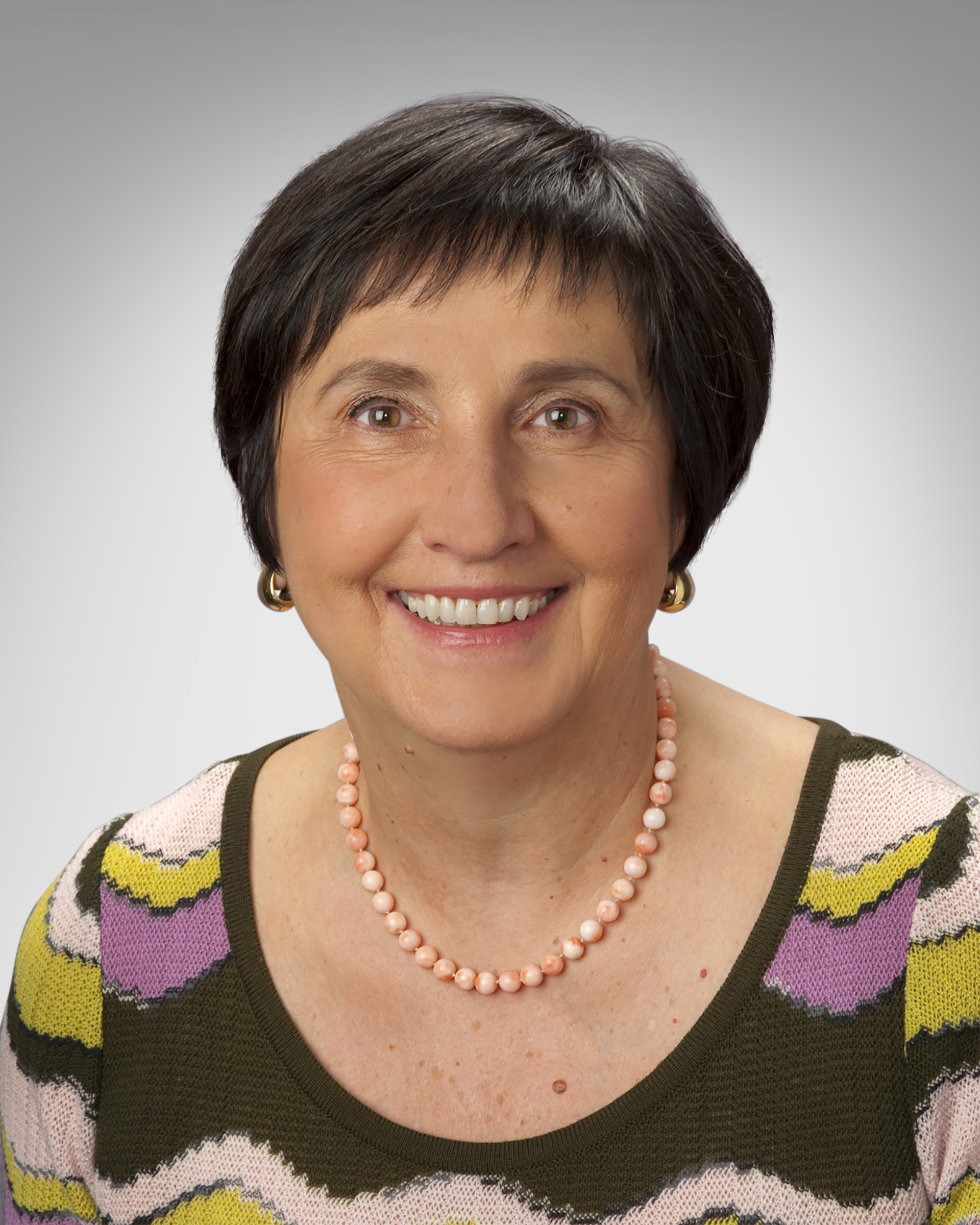
Olivera Finn, PhD
For Women’s History Month, this research Q&A focuses on Olivera Finn, PhD, and her experience as a female researcher. Dr. Finn is a member of the Cancer Immunology and Immunotherapy Program at UPMC Hillman Cancer Center and distinguished professor in the Departments of Immunology and Surgery at the University of Pittsburgh. This Q&A has been slightly edited for clarity and length.
In your own words, can you describe your research interests?
My goal from the beginning of my independent research has been to apply the magic of the immune system to the problems of cancer. I did my PhD research in immunology when it was still a brand-new discipline with many mysteries yet be discovered. Cancer also held a lot of mysteries. Both presented great challenges, and I have been interested in solving at least some of them.
How has the field of cancer research changed for women from when you began your career to now?
There are increasingly more women in cancer research and their contributions are better recognized. More women in the field provides for a more supportive and a richer mentoring environment.
What changes do you hope to see in the future of the cancer research field?
We have a very large pipeline of potentially highly effective cancer therapies but bringing them to patients is still too slow and left to companies. I would like the government to be a larger partner in this effort, like what was done in the COVID-19 pandemic. Cancer is a pandemic of the past, present, and will be the pandemic of our future, if things don’t change. Another change I would like to see is increasing efforts at cancer prevention.
What initially drew you to a career in cancer research?
I was drawn to a career in immunology. Cancer was simply a model system. What kept me in cancer research was the realization that some of the knowledge I was acquiring could be helpful to cancer patients.
What impact do you hope to make in the research world? What impact have you already made?
I have contributed knowledge in support of the importance of the immune system in the fight against cancer. This was not an accepted concept when I started in the field. This knowledge also supports development of immunotherapies to treat and prevent cancer.
How important has female mentorship been in your career?
When I started, I was among the minority of women in the men’s world. Men were my examples but not my mentors. From the lack of mentoring, I learned how important it was to mentor my trainees. I have mentored 25 PhD students and over 70 postdoctoral and clinical fellows, and I have found that mentoring is mutually rewarding. Early in my career, I was lucky to have older male colleagues who were my sponsors or advocates. I take great care to not only mentor but to advocate for junior scientists.
Can you describe what you want the future of female cancer researchers to look like?
I want future female cancer researchers to be recognized by being awarded equal career advancement opportunities, equal salaries and other resources, and equal consideration for major awards and prizes.
What advice do you have for female scientists at the beginning their career?
Identify good mentors, identify good advocates, ask for support you deserve, and continue the fight for equality and equity.
Can you share any publications or research work that you are most proud of or demonstrates your work the best?
This is like asking me to choose my favorite child. I am proud of my whole body of work. Individual projects and publications are just small parts of it. The whole is much bigger and more impactful than the individual parts.
Learn more about Dr. Finn’s work in preventative cancer vaccines.
Written by: Olivera Finn
Edited and Published by: Annaliese Daniels


